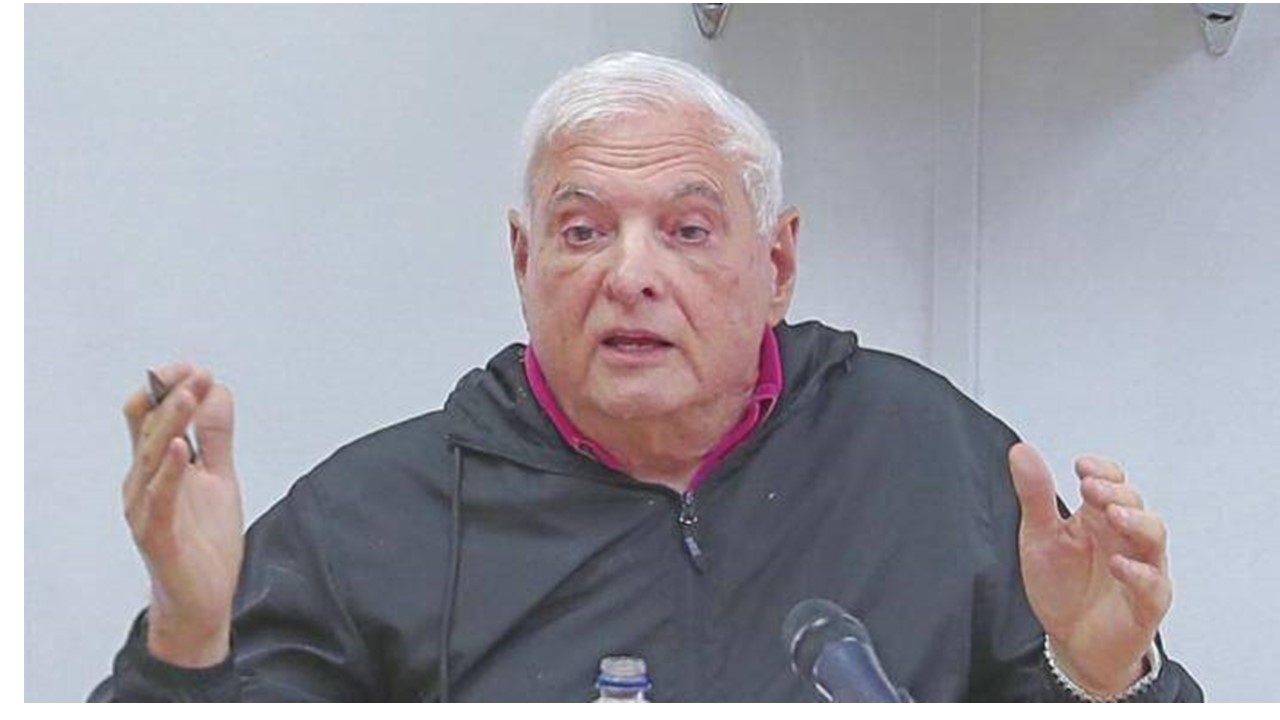Court rejects Martinelli's 7th attempt to avoid jail
Former president Ricardo Martinelli sentenced to 10 years and eight months in prison for money laundering in the New Business case has lost the seventh round in his fight to stay out of jail.
The Superior Court for Settlement of Criminal Cases of the First Judicial District of Panama rejected as inadmissible the request for clarification presented by one of the former president's lawyers.
The request for clarification was presented by the Cordobés lawyer Jean Pierre Miranda on December 21, 2023, against the second instance order number 109 of December 11, 2023, issued by this court in the case followed against Martinelli, Daniel Miguel Ochy, and others.
According to the collegiate court, made up of judges Manuel Mata Avendaño, José Hoo Justiniani, and Eyda Amarilis Juárez R., the formalization of the appeals presented by the lawyers meet the requirements demanded by law, by articles 1001, 2430, and 2436 of the Judicial Code.
Given all of the above, the Superior Court for Settlement of Criminal Cases ordered that the present criminal case be elevated to the Second Criminal Chamber of the Supreme Court of Justice, for what is legally appropriate about the second sentence No. ° 43 of October 24, 2023, issued by this court of second instance, which decided to confirm mixed sentence No. 02 of July 17, 2023, issued by the Second Liquidation Court of Criminal Cases of the First Judicial Circuit of Panama.
The Superior Court for Settlement of Criminal Cases, in a ruling issued this October 24, confirmed the sentence against the President of the Republic, Ricardo Martinelli Berrocal, for the well-known New Business case, issued by the Second Liquidation Court of criminal cases on July 17.
In that ruling, Martinelli, who is currently a candidate for the Presidency of the Realizing Goals Party (RM), was sentenced to 128 months in prison (10 years and eight months) for money laundering in the case known as New Business, a basket company used to collect funds from state contracts handled irregularly for the purchase of a publishing group.
